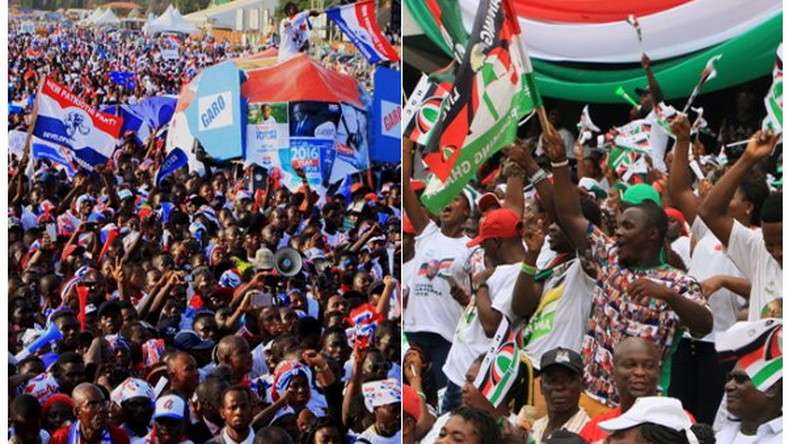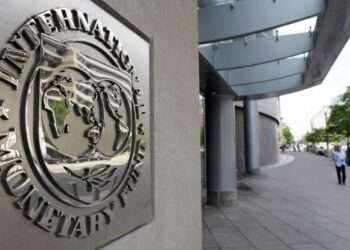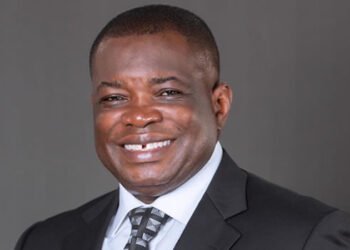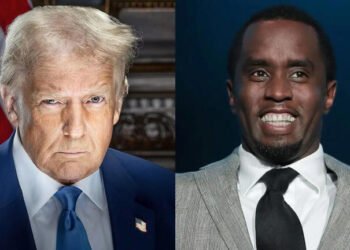Quite like a determined young man, convinced of his love for a lady he greatly admires, he gets to work by penning down his emotions, desires and plans of committedly loving her till death do them part.
The promising prospect of what the future holds, the benefits of being with such a ‘visionary’ partner, almost makes the lady buckle at the knee to listen more intently, weigh options and commit if necessary.
The political scene in Ghana has been an admixture of love, heartache, unfulfilled promises, unfinished projects, bitter rivalry and dashed hopes simply because of penned pledges which were largely left unmanifested.
Since democracy became enshrined in the fabric of Ghana’s constitution, manifestos have been characterized by pomp and pageantry, whereby political parties competitively tender in their ‘bids’ to Ghanaians to attract their votes.
The buzz of manifesto presentation, the hype and the eventual implementation or otherwise of it doesn’t really depend on these political parties.
The road to election 2024 is being paved with ‘glorifying’ manifestos as snippets of promises from the two major political parties are seeping into the public space.
The National Democratic Congress (NDC) flagbearer, John Dramani Mahama, has outlined his plan aimed at restoring economic stability if he secures victory in the 2024 general elections.
Speaking at a manifesto presentation organised by the Trades Union Congress (TUC), Mr Mahama stressed his intent to implement practical economic policies aimed at reducing public debt, tackling inflation, and curtailing the Central Bank’s financing of the government through the Bank of Ghana.
The former President emphasized the urgency of halting the current economic downturn and reinstating stability in the country’s financial sector.
He also expressed his commitment to alleviating the inflationary pressures that have been impacting the income of Ghanaian citizens and the working class.
However, the Trump card policy for the opposition party is its resolve to institute a 24-hour economy in the country. This, could well be the gamechanger Ghanaians are hoping for to see some economic improvement and turnaround in the country.
“A new NDC administration will work urgently to equip our youth with the entrepreneurial knowledge and skills needed for a sustainable future. We will introduce a 24-hour economy with incentives and tax breaks for manufacturers who will run extra shifts to create more room for employment”
John Dramani Mahama
Contest of ideas ahead of 2024 elections
Days prior, flagbearer of the governing New Patriotic party (NPP), Dr Mahamudu Bawumia revealed that if given the nod in the 2024 general election, his administration will prioritize environmental conservation, social equity, and economic growth.
More importantly, Dr Bawumia vowed that climate change is a critical global challenge, and that it was positive to see that it is receiving attention on the global agenda.
Promising to prioritise climate change in his manifesto, Dr Bawumia highlighted the significance of recognising the importance of climate action and sustainability.
“Let us leave a legacy of a thriving, sustainable, and vibrant blue economy for generations to come. For all these reasons, the NPP manifesto under my leadership will have a strong inclusive blue economy component because I believe in the great potential that an inclusive sustainable blue economy can contribute significantly to the creation of jobs, food security and economic growth for Ghanaians and Africans in general.”
Dr Mahamudu Bawumia
As the two major political parties in the country kick dust in anticipation and heat for next year’s elections, the teasing bit of manifestos is something which needs to be looked at critically as there has been stellar ones before them, yet the absolute implementation of them have proven quite challenging.

Primarily, it is the responsibility of governments to govern in the best interests of the country, although the prerogative to fulfilling the promises and pledges of their party manifestos does not necessary lie in their bosom.
Similarly, it is the responsibility of individual MPs to vote for proposed legislation and to support policies which they believe to be in the best interests of their constituents – and of the country as a whole.
Moreover, political parties publish manifestos and make promises, but it is parliament which passes legislation, not political parties and it’s governments that govern, not ‘political parties’.
By this, the government is a group of specifically elected individuals from a political party, not the broader party itself. As Ghana prepares for the 2024 elections, it is prudent for not only Ghanaians, but political parties intending to govern the country do so not just for the political clout or public applause.
Governing a country is certainly not a party ground for any unserious undertakings, as the developmental intentions and its implementation therefore are far more relevant in any economic discourse than what ‘I’ will do when given the nod.
READ ALSO: GWCL Vows To Resolve Water Shortage In Parts Of Accra



















